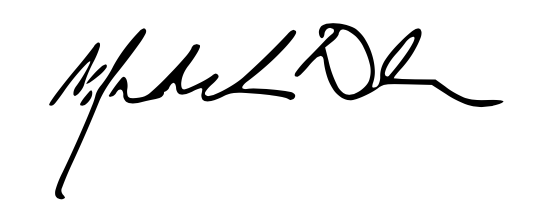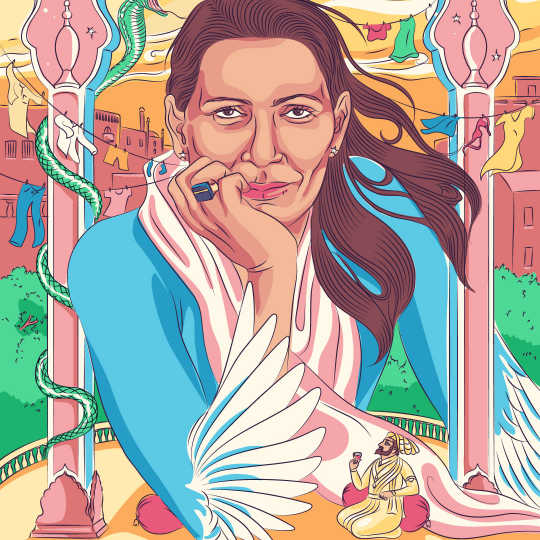Welcome to Pipe Wrench No. 7
Gender fluidity reveals the limits of language, and the limits of language show us the limits of our thinking. And that’s priceless.
If someone describes their gender identity (or any other aspect of their identity) and you think: jeez, is that a thing now, how far is this going to go, what even is that term — which I am willing to bet cash dollars a lot of progressive cisgender people have privately thought at some point in their lives — that reveals a limit in y(our) imagination. And that’s precisely the point where you dig in. When you listen to what people are telling you about their identities and lives. When you learn why it matters and how it impacts them. And you believe them, actually believe them.
This is what happens when people are not assumed to be truthful representatives of their own experiences, and their community’s experiences.
This issue is about nonbinary gender identity, but it’s not just about that. It’s about colonialism, and Whiteness, and their ongoing violence. It’s about age and generation gaps and how communities shift as possibilities expand. It’s about histories that many of us never learned in school. It’s about being comfortable with complexities — ands instead of ors. And it’s about celebration: reveling in one’s own sense of self, and in the vast, beautiful universe that created and holds us.
It’s not surprising that many of the conversation pieces in this issue veer toward poetry, or can’t be pigeonholed as “essay” or “prose poetry” or “creative nonfiction” — the loosening of forms and the playfulness with language couldn’t be more apt for an issue about resisting classification. The medium is the message. And if you think “ugh, I don’t want to read a weird half-article half-poem that also has a drawing in it,” congrats, you found another one of your limits! That means you have another chance to expand.
Welcome, and thanks for being here.

Michelle Weber, editor in chief

